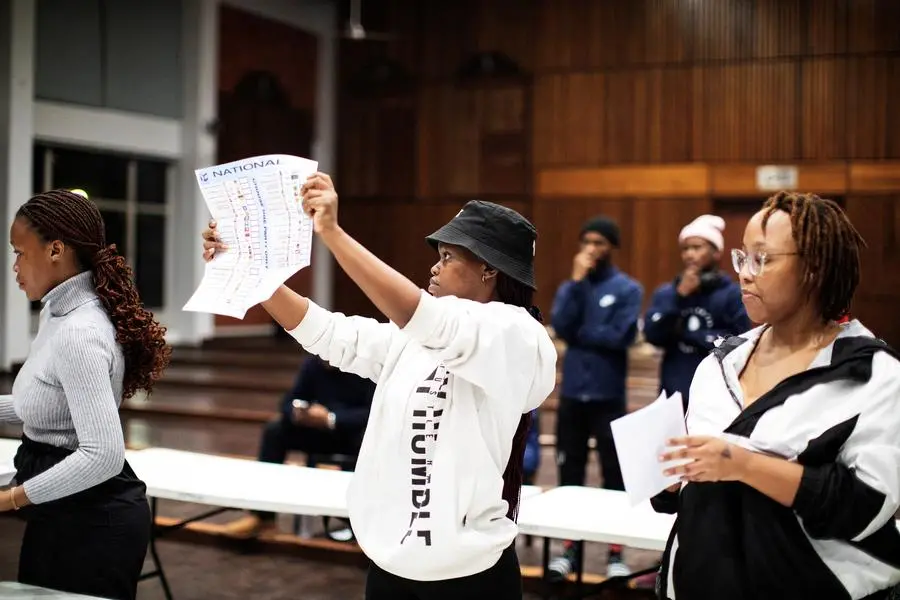
ABIDJAN, June 3, 2024 (BSS/AFP) - Nine African countries are among the 10
"most neglected" crises of mass displacement in the world, the Norwegian
Refugee Council(NRC) said on Monday.
Burkina Faso tops the list for a second year amid a deepening crisis sparked
by years of conflict that has left around two million people internally
displaced.
Violence in the junta-led West African nation forced people to move more than
700,000 times last year, a jump of just over 60 percent from 2022, the NRC
said in its annual report.
However, media coverage has dropped off as access is difficult for
journalists and humanitarian organisations, even as hundreds of thousands of
people are in need of aid, it added.
Cameroon is in second place, with nearly 1.1 million displaced and half a
million refugees living in the Central African country.
Behind it is the Democratic Republic of Congo where more than 25 million
people face various emergencies, the report said.
Honduras, which is grappling violence, organised crime and gangs, is the only
country among the 10 outside of the African continent.
The NRC compiles the list of the 10 most neglected displacement crises every
year based on the level of political will by the international community,
media attention and humanitarian funding.
The situation has worsened in Sahel countries whose military rulers seized
power in coups and broke off agreements with Western partners.
After Burkina Faso, Mali is in fourth place followed by Niger.
The full list is: Burkina Faso, Cameroon, Democratic Republic of Congo, Mali,
Niger, Honduras, South Sudan, Central African Republic, Chad and Sudan.
"The utter neglect of displaced people has become the new normal," Jan
Egeland, NRC secretary general, said in a statement.
"The local political and military elites disregard the suffering they cause,
and the world is neither shocked nor compelled to act by stories of
desperation and record-breaking statistics," he added.
The NGO said the funding shortfall last year between humanitarian appeals and
the amount received was $32 billion.
The deficit means 57 percent of needs were unmet, it added.